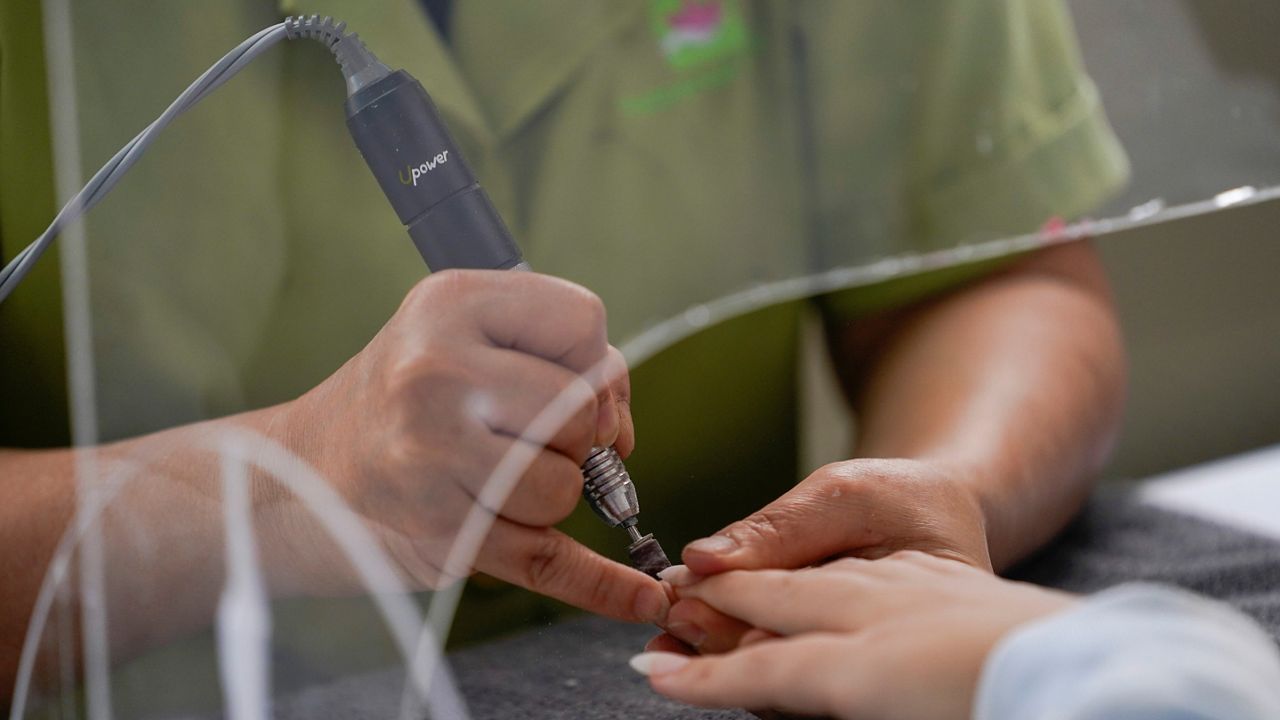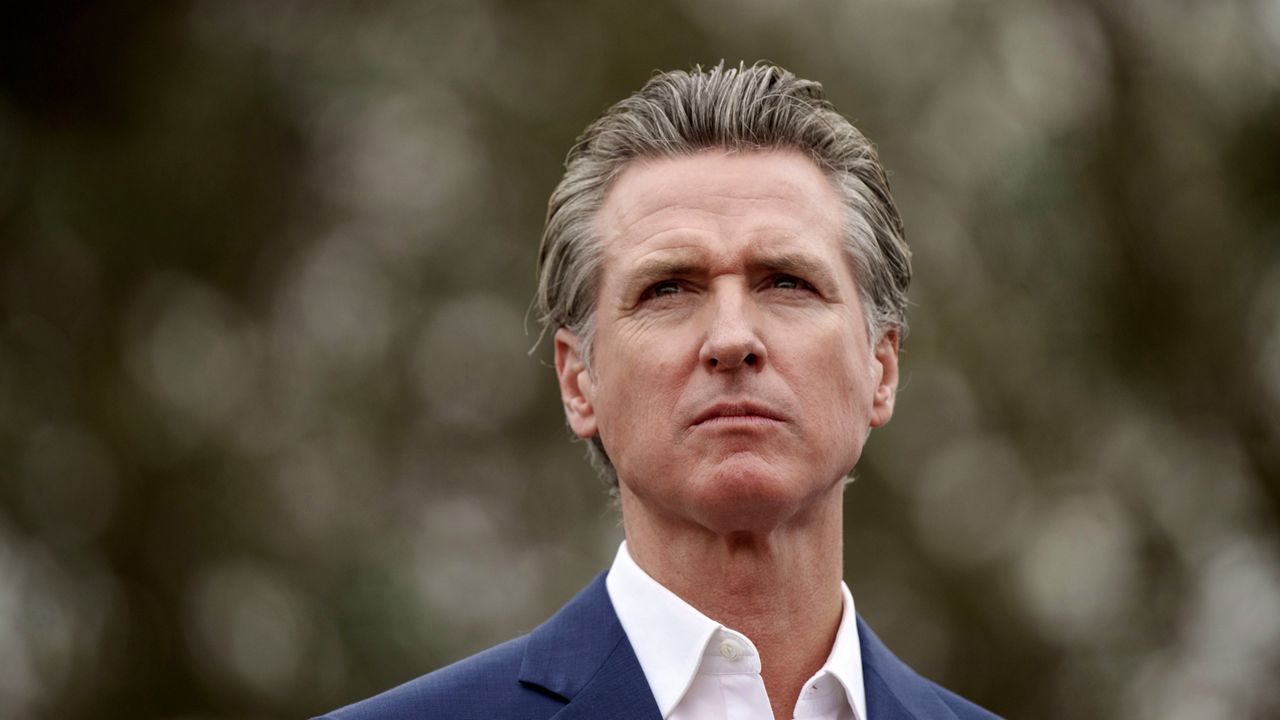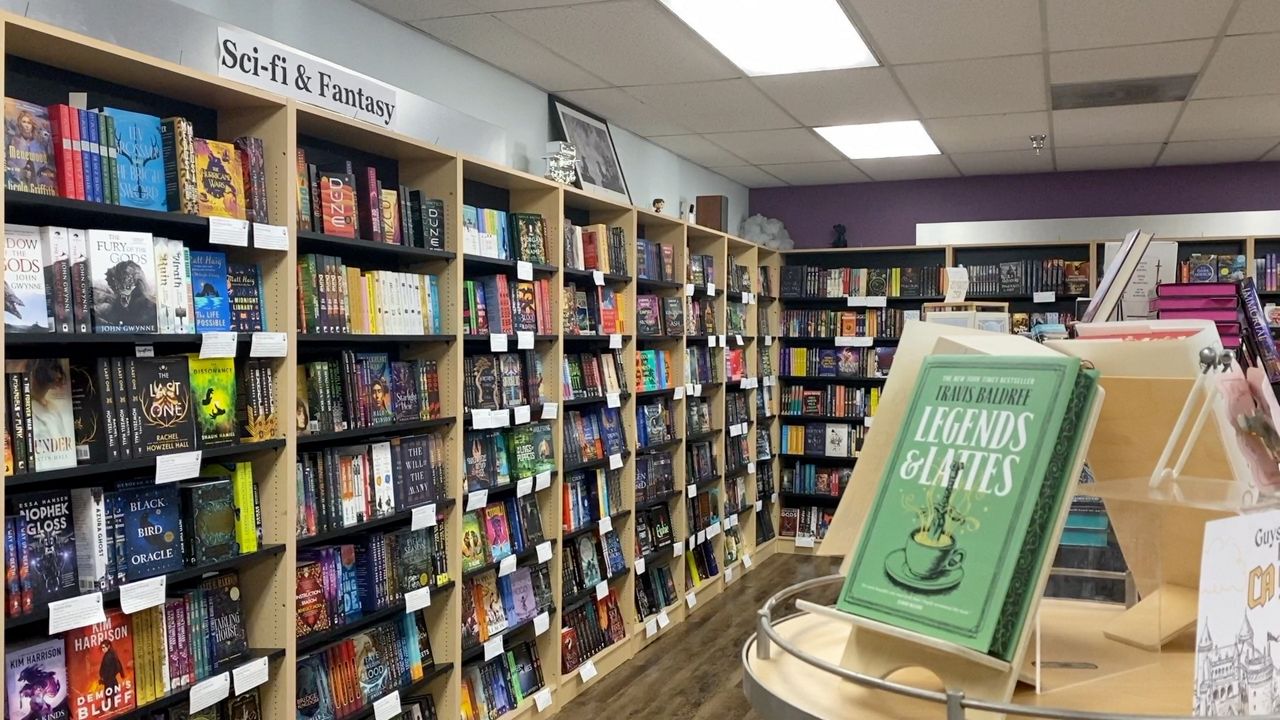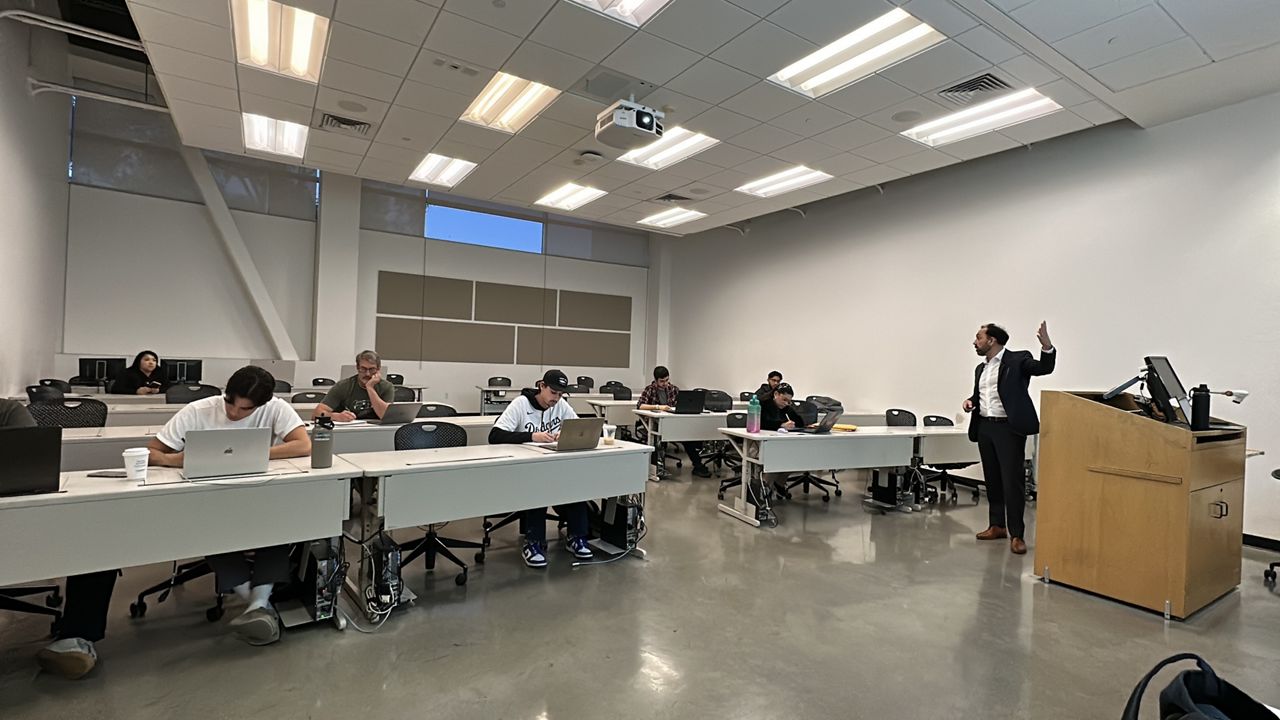LOS ANGELES (CNS) — Most nail salon workers and owners were unable to find alternative employment during pandemic-related salon closures and continue to face financial difficulties after reopening, according to a UCLA-led study released Thursday.
The report finds that only 14% of owners are confident they can cover business expenses over the next month, including rent and payroll, and 83% of workers reported a reduction in earnings.
"Most nail salons are small mom-and-pop businesses owned and staffed by immigrants and refugees who are worried about paying for food and basic necessities, even after reopening," said Lucero Herrera, a senior research analyst at the UCLA Labor Center. She added that 88% of owners said they did not have enough customers to meet business expenses, including rehiring workers, and "most workers are now taking home less than $400 per week."
The study by the UCLA Labor Center and the California Healthy Nail Salon Collaborative examines nail salon reopenings in California, a major hub for the multibillion-dollar industry. Nail salons have been particularly upended by COVID-19, but there have been few studies on the pandemic's impact.
"Reopening During COVID-19: The Experience of Nail Salon Workers and Owners in California" examines how nail salons are navigating reopening and recovery amid extended financial and emotional strain.
Researchers note that about half of nail salon workers and the majority of owners feel moderately to extremely anxious since reopening. Most workers state that health and safety is their main concern, while owners are primarily worried about having sufficient customers.
"When nail salons first reopened, most workers felt that their employers were responsive in offering COVID-19 protections, such as masks, face shields and gloves," said Lisa Fu, executive director at the nail salon association. "However, there is ongoing stress from anti-Asian racism during the pandemic, and the fact that most workers can't take time off."
Fu said that 62% of workers reported that they don't get paid sick leave or paid family leave, while workers also express concerns on prioritizing income over their own health and safety when customers don't wear masks.










